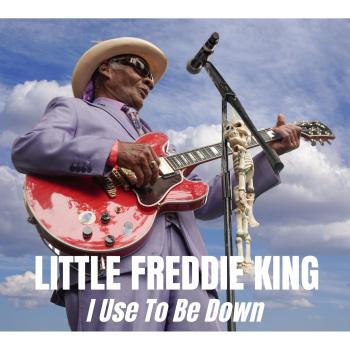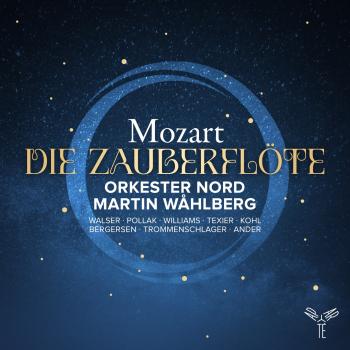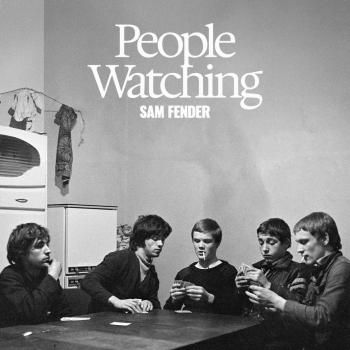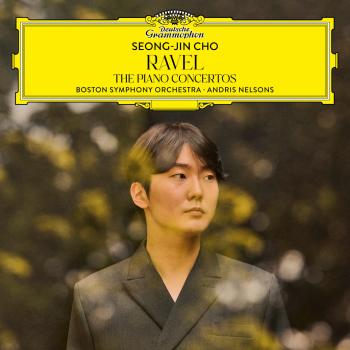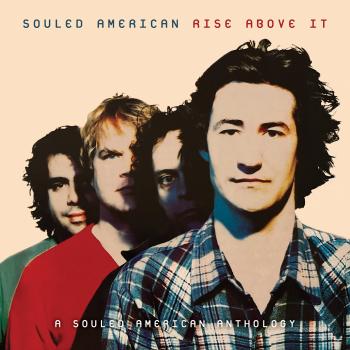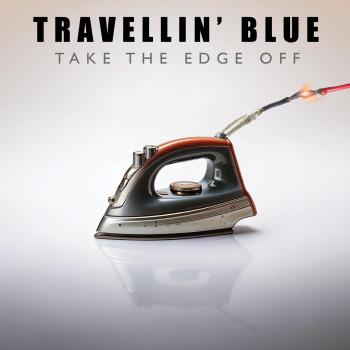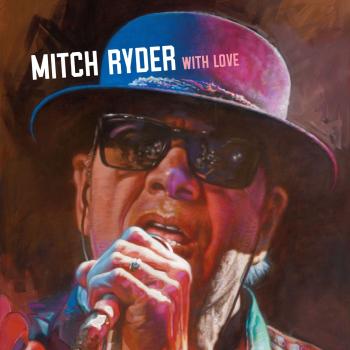
Dance Kobina Joe Chambers
Album info
Album-Release:
2022
HRA-Release:
03.02.2023
Album including Album cover
I`m sorry!
Dear HIGHRESAUDIO Visitor,
due to territorial constraints and also different releases dates in each country you currently can`t purchase this album. We are updating our release dates twice a week. So, please feel free to check from time-to-time, if the album is available for your country.
We suggest, that you bookmark the album and use our Short List function.
Thank you for your understanding and patience.
Yours sincerely, HIGHRESAUDIO
- 1 This Is New 05:19
- 2 Dance Kobina 06:24
- 3 Ruth 04:11
- 4 Caravanserai 04:38
- 5 City of Saints 07:32
- 6 Gazelle Suite 05:27
- 7 Intermezzo 02:55
- 8 Power To The People 06:09
- 9 Moon Dancer 04:43
Info for Dance Kobina
Drummer, percussionist, vibraphonist, composer, and Blue Note legend Joe Chambers returns with the February 3 release of Dance Kobina, his 3rd Blue Note album as a leader which explores the deep musical connection between Jazz, Latin, Brazilian, Argentinian, and African music. The follow-up to his 2021 album Samba de Maracatu was co-produced by pianist Andrés Vial and recorded in both New York and Montreal. The album presents compelling Chambers originals including “Gazelle Suite,” “Ruth,” and “Caravanserai,” as well as interpretations of pieces by Vial, Kurt Weill, Joe Henderson, and Karl Ratzer.
The album’s vibrant title track composed by Vial is available to stream or download now. Originally lacking a title, Chambers suggested “Dance Kobina” as the name for the piece because of its uplifting, dancing quality, and as a nod to the presence of Congolese percussionist Elli Miller Maboungou at the session. In Lingala, a Bantu language spoken in the Congo, ‘kobina’ means ‘to dance.’ The performance features Chambers on drums, Maboungou on Ngoma drums, Vial on piano, Caoilainn Power on alto saxophone, Michael Davidson on vibraphone, and Ira Coleman on bass.
In the mid-to-late 1960s, Chambers played drums for numerous Blue Note luminaries appearing on some of the decade’s most progressive albums including Bobby Hutcherson’s Components and Happenings, Wayne Shorter’s Adam’s Apple, Freddie Hubbard’s Breaking Point, Joe Henderson’s Mode for Joe, Sam Rivers’ Contours, Andrew Hill’s Andrew!!!, Donald Byrd’s Fancy Free, and many more.
The label’s owners – Alfred Lion and Francis Wolff – offered Chambers a chance to record his own album for Blue Note during that fertile period, but he was riding so high on recording and touring with so many jazz greats that he declined the opportunity. Chambers eventually did release his own Blue Note debut Mirrors in 1998 featuring trumpeter Eddie Henderson, saxophonist Vincent Herring, pianist Mulgrew Miller, and bassist Ira Coleman. He returned to the label in 2021 with the Brazilian Jazz inspired album Samba de Maracatu.
Joe Chambers, drums
Caoilainn Power, alto saxophone
Marvin Carter, tenor saxophone
Rick Germanson, piano
Andrés Vial, piano
Michael Davidson, vibraphone
Mark Lewandowski, bass
Ira Coleman, double bass
Emilio Valdés, percussion
Elli Miller Maboungou, percussion
Joe Chambers
is an extremely versatile and tasteful master of all post-bop idioms. Chambers drives an ensemble with a light hand; his time is excellent and his grasp of dynamics superb. He’s not a flashy drummer by any means, but he’s a generous collaborator who makes any group of which he’s a part as good as it can possibly be. Chambers worked around Washington, D.C., in his late teens. After moving to New York in 1963, he played with Eric Dolphy, Freddie Hubbard, Jimmy Giuffre, and Andrew Hill. In the mid-’60s, Chambers played with a number of the more progressively inclined musicians associated with the Blue Note label, such as vibist Bobby Hutcherson and saxophonists Joe Henderson, Wayne Shorter, and Sam Rivers.
In 1970, Chambers joined Max Roach’s percussion ensemble, M’Boom, as an original member. During the ’70s, Chambers played with a great many of jazz’s most prominent elder statesmen, including Sonny Rollins, Tommy Flanagan, Charles Mingus, and Art Farmer. With Flanagan and bassist Reggie Workman, Chambers formed the Super Jazz Trio. In the late ’70s, he co-led a band with organist Larry Young. Chambers recorded with bands led by trumpeter Chet Baker and percussionist Ray Mantilla in the early ’80s. He also maintained his association with Roach into the ’90s.
The AlmoravidAs a solo artist, Chambers has released a tidy number of albums including Almoravid (1973) with trumpeter Woody Shaw, New World (1976), New York Concerto (1981), Phantom of the City (1992), Mirrors (1998), and Urban Grooves (2002). Beginning with 2006’s Outlaw, Chambers released a steady stream of albums for Savant Records with Horace to Max (2010), Joe Chambers Moving Pictures Orchestra (2012), and Landscapes (2016), featuring bassist Ira Coleman and pianist Rick Germanson.
This album contains no booklet.



